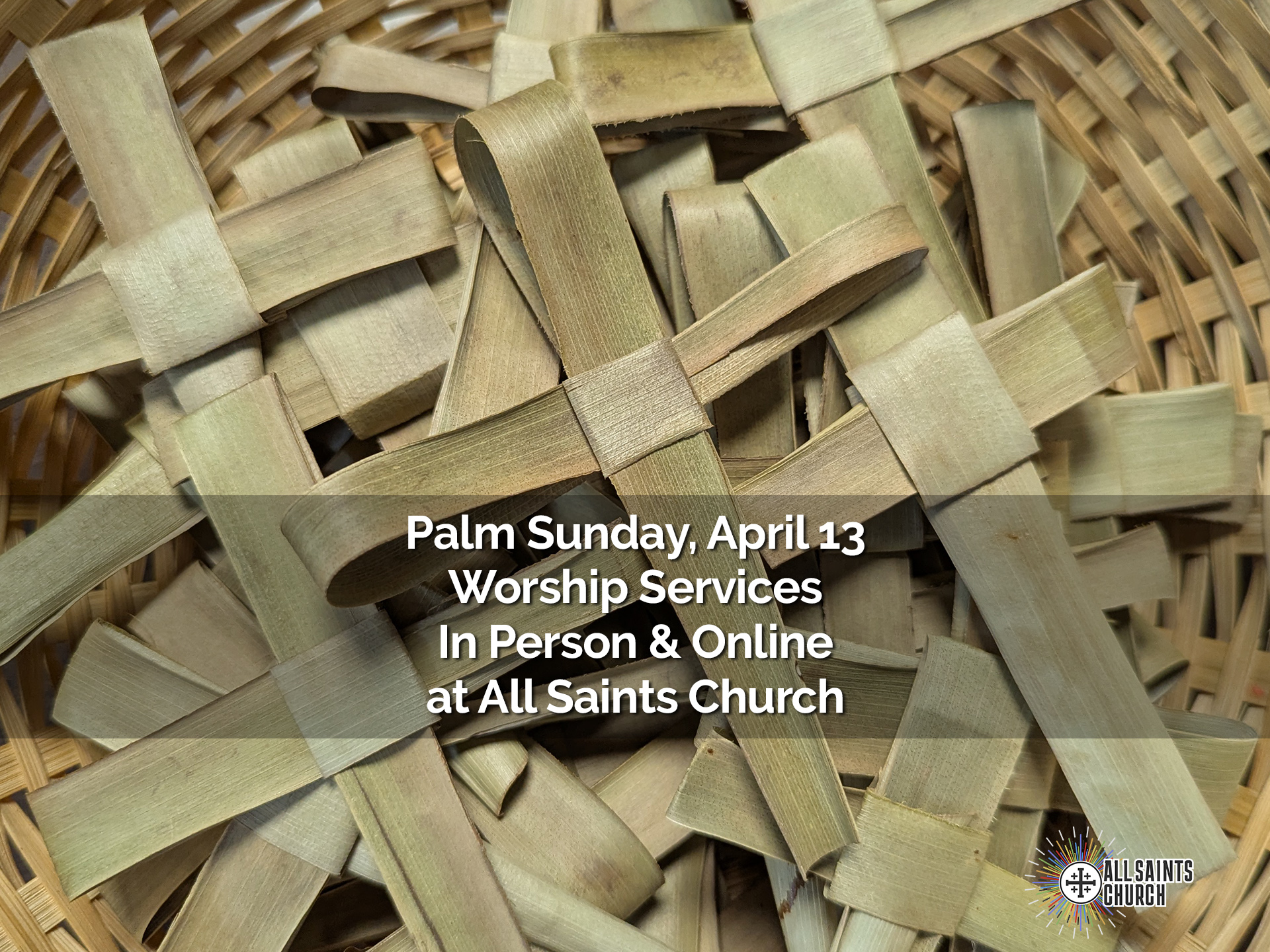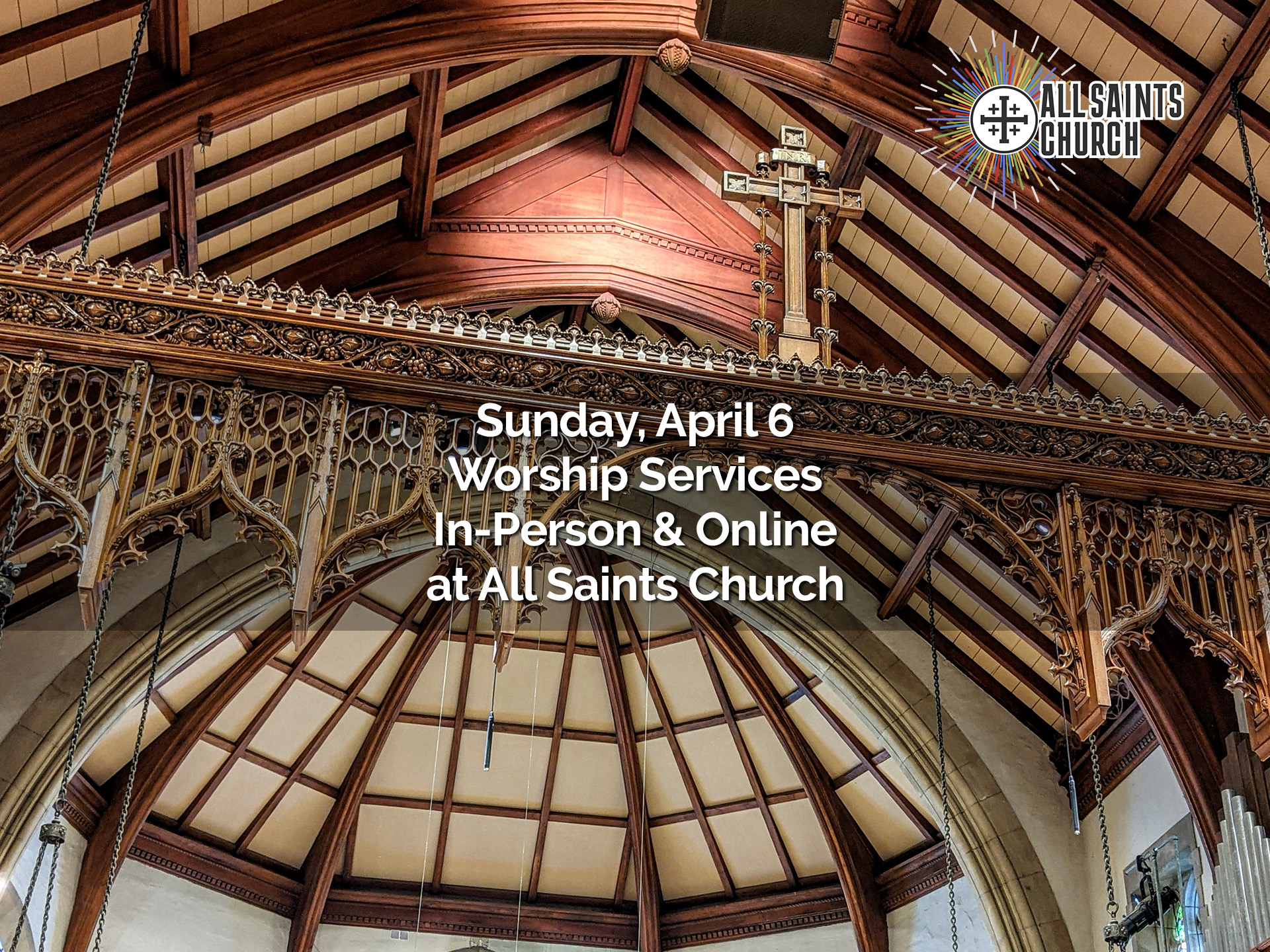The Gospel isn’t meant to be gulped down on Sunday morning, but gnawed on through the week so it really becomes a part of us. You’ve got to work at it, like a dog with a good bone! Here’s the Gospel for this coming Sunday — the third Sunday in Advent — with food for thought about what roles of privilege we take comfort in. Gnaw away!
Third Sunday in Advent – Luke 3:1-6
John said to the crowds that came out to be baptized by him, “You brood of vipers! Who warned you to flee from the wrath to come? Bear fruits worthy of repentance. Do not begin to say to yourselves, ‘We have Sarah and Abraham as our ancestors’; for I tell you, God is able from these stones to raise up children to Sarah and Abraham. Even now the ax is lying at the root of the trees; every tree therefore that does not bear good fruit is cut down and thrown
into the fire.”
And the crowds asked John the Baptizer, “What should we do?” John replied, “Let the one with two coats share with the one who has none. Let those who have food do the same.” Tax collectors also came to be baptized, and they said to John, “Teacher, what are we to do?” John answered them, “Exact nothing over and above your fixed amount.” Soldiers likewise asked, “What about us?” He said to them, “Do not bully anyone. Do not accuse anyone falsely. Be content with your pay.”
The people were full of anticipation, wondering in their hearts whether John might be the Messiah. John answered them all by saying, “I am baptizing you in water; but someone is
Coming who is mightier than I, whose sandals I am not fit to untie! This One will baptize you in the Holy Spirit and in fire. A winnowing-fan is in his hand to clear the threshing floor and gather the wheat into the granary, but the chaff will be burn in unquenchable fire.”
Using exhortations like this, John proclaimed the Good News to the people.
The Backstory – What’s Going On Here?
This passage, along with the one we heard last Sunday where John the Baptist quotes Isaiah, puts John the Baptist firmly in the line of the ancient prophets. Prophets were not fortune-tellers … they were people who spoke boldly about the natural consequences of the people’s actions in a world where God was the only true power. The consequences of the people’s betrayal of God are inevitably negative!
So we have John, like the street-corner preacher, talking about “the wrath to come.” There will be no escape from it — no way to flee it. John specifically says that any who feel safe because of their being one of the chosen people of Israel. The only possible response is repentance (remember that word metanoia from last week … to literally turn 180 degrees around inside). The three groups that John mentions represent the three layers of Jewish society — common people, the commercial class and soldiers. There is a call to repentance for everyone.
Also, as with the prophets, John the Baptist identifies the agent of recompense. It is not to be him but to be the one who comes after him. The images of baptism with fire hearken both to the Pentecost experience in Acts (remember, Luke and Acts were written by the same author) but also to the purifying and refining characteristics of fire in Ezekiel 36:25-27 and Malachi 3:2-3. One thing is for sure, this is not going to be a “Jesus, meek and mild.” This Jesus will be a force to be reckoned with!
A few things to chew on:
*John warns the crowd, “Do not begin to say to yourselves, ‘We have Abraham as our ancestor;’ for I tell you, God is able from these stones to raise up children to Abraham.” (there’s actually a pun here that adds to the John’s pointedness as the words for children – benayya – and stones – abnayya – play off each other.) What roles of privilege do we take comfort in … do we believe insulate us from being called to account? Put another way, when we feel the rules don’t apply to us or we can get away with things others can’t … what makes us feel that way. What would John tell you not to begin to say to yourself? What about to ourselves as an All Saints community?
*Often anger can be scary and makes us afraid. But anger can also be a sign of passion. We rarely get angry where we are not invested – or where whatever the presenting situation is touches off something inside us (something of which we might not even be aware!). The prophetic image of Christ coming in wrath to separate the wheat from the chaff is scary .. but it’s also an image of a God who really, really cares about us. This is not a God who is apathetic about humanity. That’s how even this harsh message can still be called “good news.” Can you think of a time in your life recently where your passionate caring about someone resulted in anger towards them?
Try This:
Advent is a time for preparation … but as John tells us, it’s also a time to recognize where we are going astray and make a course correction – to remember and become our truest selves, the images of God in which we were made. A few years back, a group of churches as formed something called The Advent Conspiracy (http://www.adventconspiracy.org/) … a movement designed to remind us of the world-changing event that Christmas is.
Worship Fully
Spend Less
Give More
Love All
Each of these involve the kind of “turning around” that John tells us about … a way John answers us when we say “What then should we do?”
Today, take 15 minutes and surf around The Advent Conspiracy website … then each day this week, spend 10 minutes thinking and praying about a different one of the Advent Conspiracy principles. What could that look like in your life? What could that look like in our life?
By his Stripes we are healed
“We’re all very different people. We’re not Watusi. We’re not Spartans.
We’re Americans. With a capital A. You know what that means? That means our
forefathers were kicked out of every decent country in the world. We are
the wretched refuse…”
One of my first favorite movies as a youth was Stripes, Bill Murray and Harold Ramis’ comedy about two washouts enlisting in the Army.
About halfway through the movie, Murray gives a speech – part of it is above.
(Watch the whole thing here – http://www.youtube.com/watch?v=D8Q1fDf0GeY).
Now Murray probably wasn’t thinking about John the Baptist or the incarnation.
But he could have been.
Murray’s platoon was facing its own kind of judgment day. Graduation from basic training was hours away and if they didn’t perform well, they would have to repeat the whole course again. The ax was lying at the root of the trees. No matter what they tried to do, they couldn’t get i right.
So Murray’s John Winger steps forward and answers the question the crowd’s ask the Baptizer: “What should we do?” And his answer is simple:
Now we don’t have to worry about whether or not we’ve practiced. We don’t have to worry about whether Captain Stillman wants to have us hung. All we have to do is to be the great American fighting soldier that is inside each one of us.
You don’t have to do anything new. You just have to truly be who you are.
That’s the message of the incarnation. The coming Messiah that John is proclaiming isn’t going to magically turn us into something new …the Christ is going to lead us deep into our truest selves. Jesus is coming to bring us fully alive.
So what do we do? We just act like the images of God — the embodiments of self-giving generous love — that is inside each one of us.
Whoever has two coats must share with anyone who has none; and whoever has
food must do likewise.
Graduation day is right around the corner. John the Baptist is telling us to get ready for the Christ who is coming. But like the people of Israel (talk about people whose ancestors had been kicked around!), all we have to do is to be the great children of God that is inside each one of
us.
The God who in the Divine’s infinite generosity is emptying Godself into human form, who is coming to be born as a refugee child, love fully and end up dying on a cross (certainly not worrying whether someone wants to have him hung!), has some very simple words for us.
Now do what I do.
And say what I say.
And make me proud.
. . . . . . . . . . . . . . . . . . . . . .
Check out the rest of Sunday’s readings
The Lectionary Page has all of the readings for this Sunday and every
Sunday – click here for this Sunday’s readings.
Collect for Sunday
Pray this throughout the week as you gnaw on this Gospel.
Stir up your power, O Lord, and with great might come among us; and,
because we are sorely hindered by our sins, let your bountiful grace and
mercy speedily help and deliver us; through Jesus Christ our Lord, to whom,
with you and the Holy Spirit, be honor and glory, now and for ever. Amen.
Want to read more?
“The Text This Week” is an excellent online resource for anyone who
wants to dive more deeply into the scriptures for the week.
. . . . . . . . . . . . . . . . . . . . .



